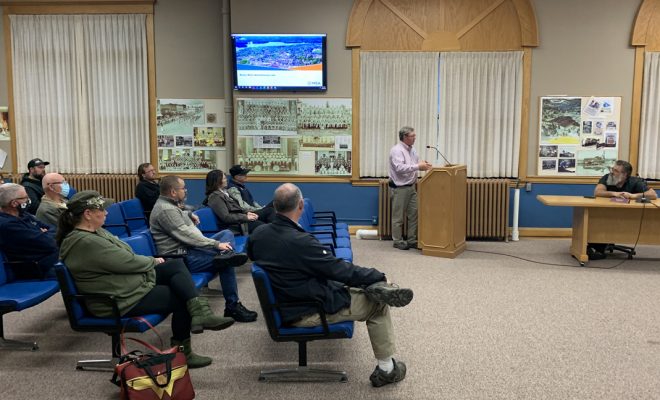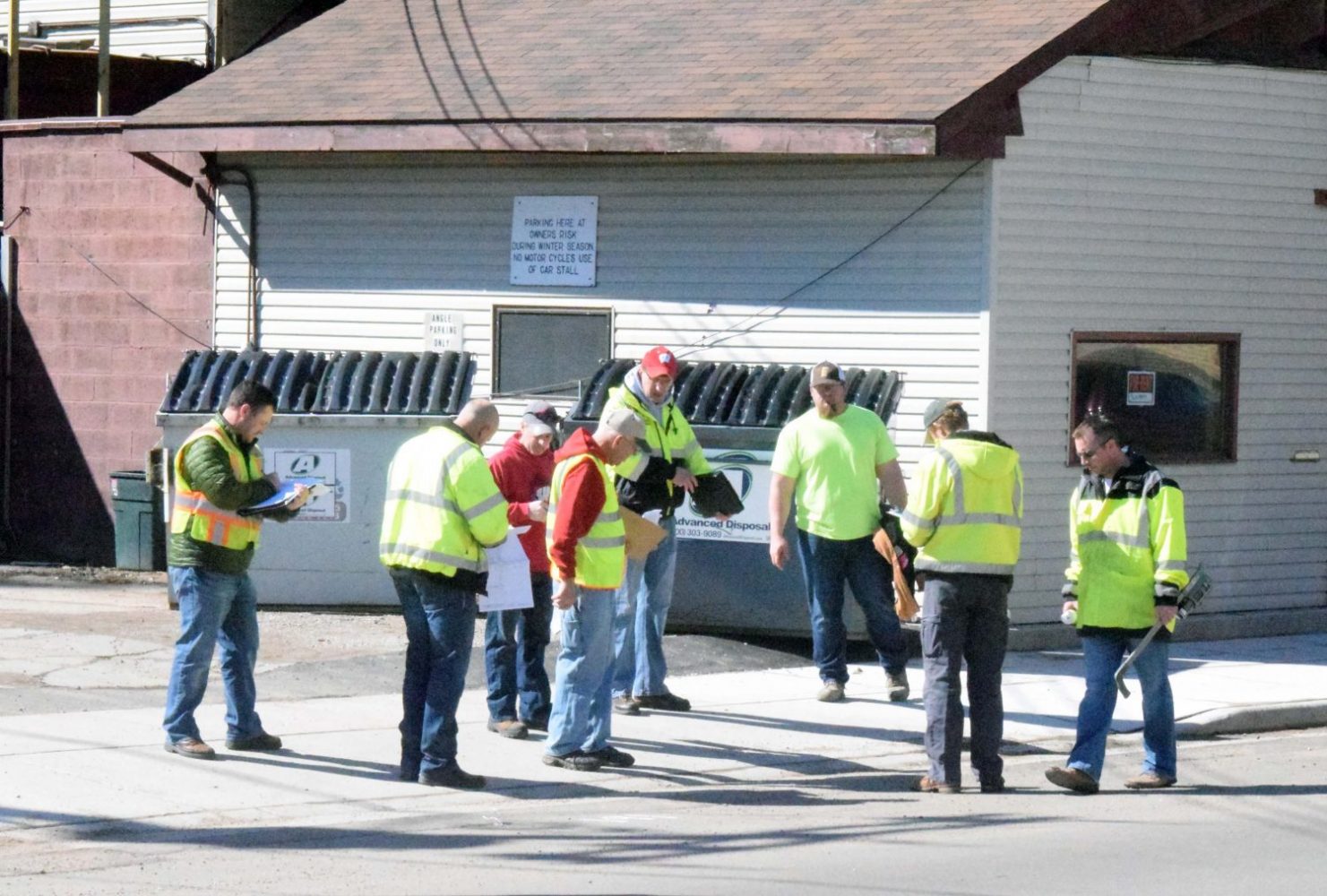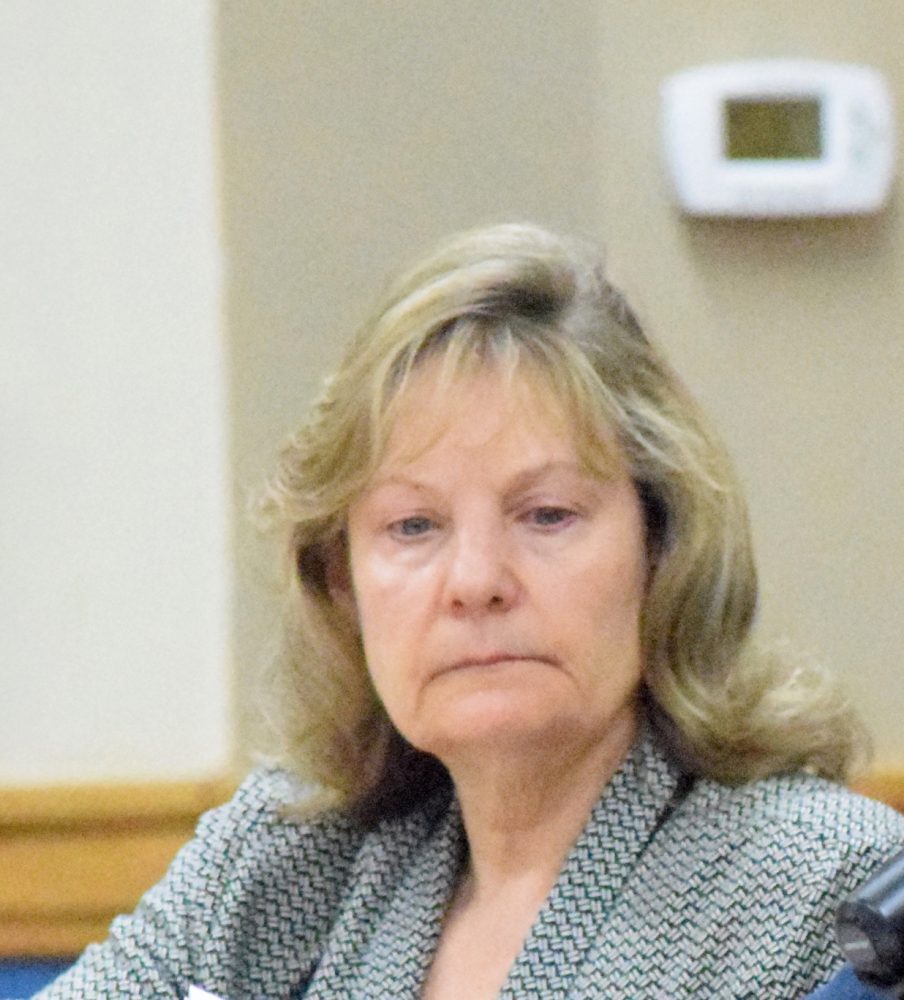City takes first look at housing needs recommendations

By Eileen Persike
Editor
A Rhinelander housing needs study started earlier this year is complete and was presented at an open house Thursday. The study looked at three things: What kind of housing the city has; what kind of housing is needed; and what the city should be doing to get the kind of housing that it needs and may not have now or in the future.
To that end, Becky Binz, project manager with MSA Professional Services, concluded the assessment with 27 recommendations. Of those, city administrator Zach Vruwink said he hopes the city takes one, two or three of the recommendations, puts forth some real effort and sees progress.
“We recognize that solving the housing needs here in Rhinelander takes partnership and takes investment – investment from the public sector and the private sector alike,” Vruwink said. “So that’s a big part of what we hope people understand, and further, that there is a significant opportunity for developers in Rhinelander to make an investment and have their investment reap its rewards, both for community purposes and for their own investment.”
Establishing a housing committee is a top priority for Vruwink. The committee could digest the nearly 100-page report and then look for a place to begin. That may mean tackling fixer uppers, rather than planning for new construction.
“ I think there is opportunity with housing rehab to start making a difference in neighborhoods and targeted blocks where maybe there has been homeownership change over to renter-occupied that might need some love and TLC,” Vruwink said. “I think that’s a place to start that has some immediate impact.”
Oneida County Economic Development Corporation Executive Director Jeff Verdoorn urged the city to take action on the report.
“It’s worthless if it just sits on a shelf,” Verdoorn said. “A committee would be a great first start. I will tell you that folks who want to come in, they want to open a business here, they want to relocate here – where are the workers going to go? They can’t live in Wausau, for example, they really need to live here.”
The city, Vruwink noted, has already started to demolish uninhabitable and unsafe properties in the city, which creates vacant lots that can become something else. It’s a way to make incremental positive changes that can make the scope of the housing effort less daunting.
“It’s a very long-range view,” said Vruwink. “But by and large it’s a projection, a best guesstimate of all the information that’s available to us…we have some good foundational information to base decisions on.”
An advantage to the housing needs assessment taking several months, and talking with many people, Vruwink said, is that it has built up some anticipation for the recommendations.
“There are just a lot of people looking at markets that are outside those metro areas, and where rural Wisconsin can shine, Rhinelander, case in point, I think has a lot to offer in that regard,” he said. “And Rhinelander has been making a lot of investments in quality of life – parks and other amenities, roads have been a big priority for investment, so if we can tap some housing resources to make some of that stuff happen I think we’ll see some good progress in the next 12 months for sure.”
The full housing needs assessment will be available online in the near future at rhinelandercityhall.org.
Leave a reply
You must be logged in to post a comment.





